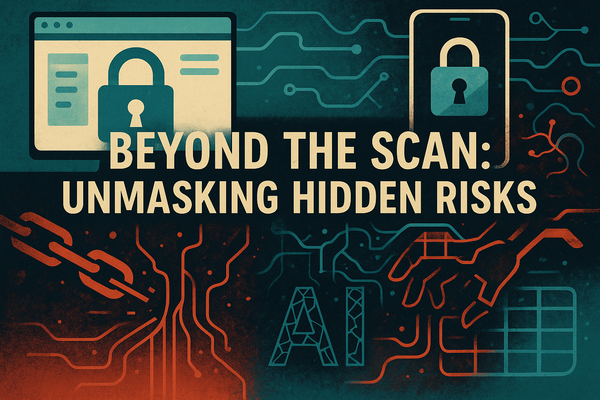Building a Strong Security Culture: Best Practices for Organizations

Summary: In this article, we'll explore the critical role that a strong security culture plays in protecting organizations from cyber threats. We'll discuss the components of an effective security culture, offer practical tips for fostering employee engagement and awareness, and highlight successful strategies employed by leading organizations.
Introduction:
A strong security culture is vital for organizations to protect their sensitive data, reputation, and bottom line. Developing a security-focused mindset across all levels of an organization can significantly reduce the likelihood and impact of cyber incidents. This article outlines best practices for building a robust security culture within your organization.
- Executive Buy-In and Leadership:
For a security culture to thrive, it must be supported and championed by top-level executives. C-suite leaders should demonstrate their commitment to cybersecurity by allocating resources, setting clear expectations, and fostering a culture of accountability. This support will help ensure that employees understand the importance of security and take it seriously.
- Continuous Security Training and Education:
Regular training and education are crucial for keeping employees up-to-date on the latest threats, best practices, and security policies. Organizations should provide ongoing security awareness training that covers topics such as phishing, password management, and data protection. Additionally, specialized training should be provided to employees with specific security responsibilities, such as system administrators or developers.
- Clear Security Policies and Procedures:
Develop clear and comprehensive security policies and procedures that outline the expectations and responsibilities of all employees. These documents should cover topics such as access control, data classification, incident reporting, and acceptable use of technology. Ensure that policies are easily accessible, regularly reviewed, and updated to reflect changes in the threat landscape or business environment.
- Encourage Open Communication:
Foster an environment where employees feel comfortable discussing security concerns or reporting potential issues. Establish clear channels for reporting security incidents or vulnerabilities, and ensure that employees understand the process and the importance of timely reporting. Encourage a blame-free culture that focuses on learning from mistakes and improving security practices.
- Recognize and Reward Secure Behavior:
Recognize and reward employees who demonstrate a commitment to security, such as identifying potential vulnerabilities or following best practices consistently. This recognition can take various forms, such as public acknowledgment, bonuses, or additional training opportunities. By rewarding secure behavior, organizations can reinforce the importance of security and motivate employees to stay vigilant.
- Embed Security in Business Processes:
Integrate security best practices into daily workflows and business processes. This includes incorporating security checks into software development processes, implementing strong access controls, and regularly reviewing and updating security policies. By making security an integral part of daily operations, organizations can reduce the likelihood of security breaches and foster a security-conscious culture.
- Promote Security as a Shared Responsibility:
Ensure that all employees understand that security is a shared responsibility, not just the domain of the IT department. Communicate the potential impact of security breaches on the entire organization, including financial losses, reputational damage, and legal consequences. By emphasizing the collective responsibility for security, organizations can encourage a culture where everyone plays a role in protecting sensitive data and systems.
Conclusion:
Building a strong security culture requires ongoing commitment, communication, and collaboration across all levels of an organization. By implementing these best practices, organizations can foster a security-focused mindset that helps prevent cyber threats and minimize the impact of security incidents. Ultimately, a robust security culture will help protect an organization's most valuable assets and ensure long-term success in an increasingly digital world.





